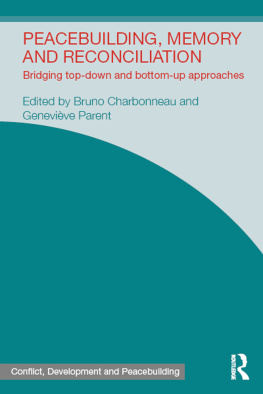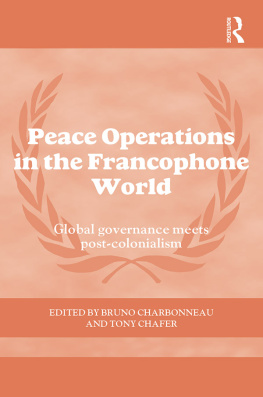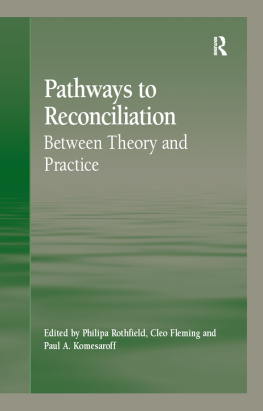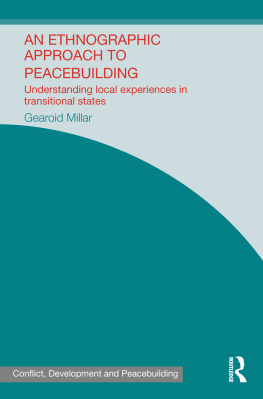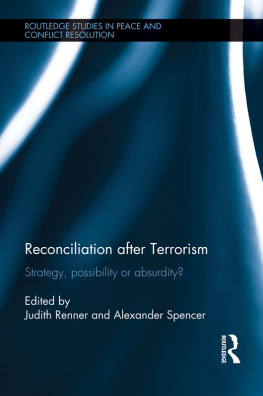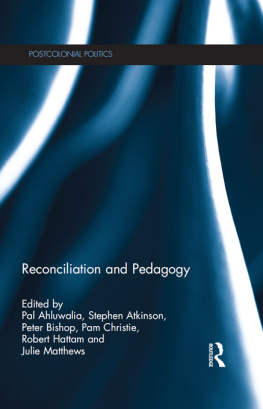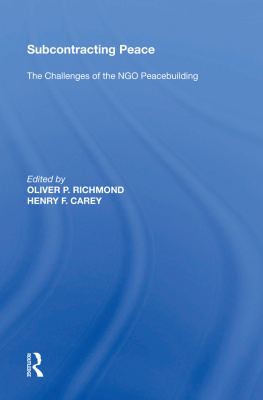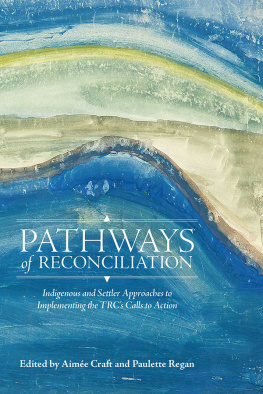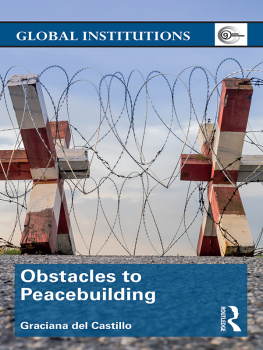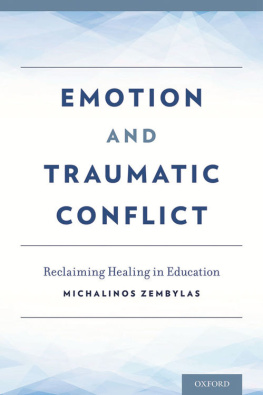Peacebuilding, Memory and
Reconciliation
This book aims to bridge the gap between what are generally referred to as top-down and bottom-up approaches to peacebuilding.
After the experience of a physical and psychological trauma, the period of individual healing and recovery is intertwined with political and social reconciliation. The prospects for social and political reconciliation are undermined when a top-down approach is favoured over the bottom-up strategy- the prioritization of structural stability over societal well-being.
Peacebuilding, Memory and Reconciliation explores the inextricable link between psychological recovery and socio-political reconciliation, and the political issues that dominate this relationship. Through an examination of the construction of social narratives about or for peace, the text offers a new perspective on peacebuilding, which challenges and questions the very nature of the dichotomy between top-down and bottom-up approaches.
This book will be of much interest to students of peacebuilding, peace and conflict studies, social psychology, political science and IR in general.
Bruno Charbonneau is Associate Professor in the Department of Political Science, Laurentian University, Canada. He has a PhD in Political Studies.
Genevive Parent is Assistant Professor in Conflict Studies at St Paul University, Canada, and has a PhD in Criminology.
Series: Studies in Conflict, Development and Peacebuilding
Series Editors: Keith Krause, Thomas J. Biersteker and Riccardo Bocco
Graduate Institute of International and Development Studies, Geneva
This series publishes innovative research into the connections between insecurity and under-development in fragile states, and into situations of violence and insecurity more generally. It adopts a multidisciplinary approach to the study of a variety of issues, including the changing nature of contemporary armed violence (conflict), efforts to foster the conditions that prevent the outbreak or recurrence of such violence (development), and strategies to promote peaceful relations on the communal, societal and international level (peacebuilding).
The Political Economy of Peacemaking
Achim Wennmann
The Peace In Between
Post-war violence and peacebuilding
Edited by Mats Berdal and Astri Suhrke
Local and Global Dynamics of Peacebuilding
Post-Conflict reconstruction in Sierra Leone
Christine Cubitt
Peacebuilding, Memory and Reconciliation
Bridging top-down and bottom-up approaches
Bruno Charbonneau and Genevive Parent
Peacebuilding, Memory
and Reconciliation
Bridging top-down and
bottom-up approaches
Edited by Bruno Charbonneau
and Genevive Parent
This edition first published 2012
by Routledge
2 Park Square, Milton Park, Abingdon, Oxon OX14 4RN
Simultaneously published in the USA and Canada
by Routledge
711 Third Avenue, New York, NY 10017
Routledge is an imprint of the Taylor & Francis Group, an informa business
2012 selection and editorial material, Bruno Charbonneau and Genevive Parent; individual chapters, the contributors
The right of Bruno Charbonneau and Genevive Parent to be identified as editors of this work, and of the individual contributors for their chapters, has been asserted by them in accordance with sections 77 and 78 of the Copyright, Designs and Patents Act 1988.
All rights reserved. No part of this book may be reprinted or reproduced or utilised in any form or by any electronic, mechanical, or other means, now known or hereafter invented, including photocopying and recording, or in any information storage or retrieval system, without permission in writing from the publishers.
Trademark notice: Product or corporate names may be trademarks or registered trademarks, and are used only for identification and explanation without intent to infringe.
British Library Cataloguing in Publication Data
A catalogue record for this book is available from the British Library
Library of Congress Cataloging-in-Publication Data
Peacebuilding, memory and reconciliation : bridging top-down and bottom-up
approaches / edited by Bruno Charbonneau and Genevive Parent.
p. cm. -- (Studies in conflict, development and peacebuilding ; 4)
Includes bibliographical references and index.
1. Peace-building--Psychological aspects. 2. Reconciliation--Psychological
aspects. I. Charbonneau, Bruno. II. Parent, Genevive.
JZ5538.P37435 2012
303.69--dc23
2011028879
ISBN13:978-0-415-68364-7(hbk)
ISBN13: 978-0-203-13812-0 (ebk)
Typeset in Times New Roman and Gill Sans
by Bookcraft Ltd, Stroud, Gloucestershire
Contents
PART 1
Conceptual issues
PART 2
Case studies
List of contributors
Carl Bouchard is Associate Professor of History at Universit de Montral (Canada). His research focuses on the history of peace in the 20th century. He published Le citoyen et l'ordre mondial. Le rve d'une paix durable au lendemain de la Grande Guerre (Pedone, 2008).
Julia Chaitin is a Senior Lecturer in the Social Work department at Sapir College, Israel. She is a social psychologist who has published widely on the long-term effects of trauma on victims and their descendants, focusing on the Holocaust and the PalestinianIsraeli conflict. She is a member of Other Voice a grassroots organization that calls for a non-violent resolution to the GazaIsrael conflict.
Bruno Charbonneau is Associate Professor of Political Science at Laurentian University, Canada. His research examines the international politics of African conflicts and peace interventionism. He wrote France and the New Imperialism (Ashgate 2008), co-edited Locating Global Order (UBC Press 2010), and published numerous other articles and book chapters.
Sotheara Chhim, MD, MSc is a psychiatrist and the managing director of the leading Cambodian non-governmental organization in the field of mental health the Transcultural Psychosocial Organization Cambodia. He has worked for more than 14 years in the field of clinical and community mental health in various national and international institutions. As a principal lecturer at the University of Health Sciences in Phnom Penh and PhD candidate at Monash University, Melbourne, his research and publications mainly focus on trauma and culture specific coping strategies.
Graham G. Dodds is Assistant Professor of Political Science at Concordia University, Canada. Most of his research concerns the politics of the United States, particularly American political development and the unilateral powers of the presidency. He has published numerous articles and book chapters.
Gabriela Fried Amilivia is Assistant Professor of Sociology at California State University Los Angeles and an Associate Researcher for the National Research Agency (ANII) in Uruguay. Among other publications, she co-edited Las Luchascontra la Impunidad y por la Justicia de Transicion en el Uruguay (Trilce, forth.) and wrote Collective memories of the Disappeared in Uruguay: Pedagogies of Horror (2011) in Lessa & Druiolli, The Memory of State terrorism in the Southern Cone: Argentina, Chile, and Uruguay

